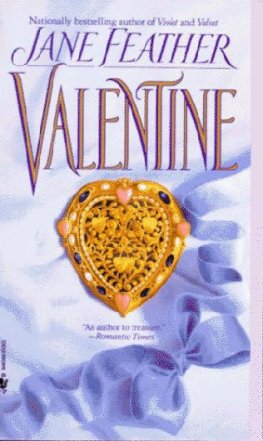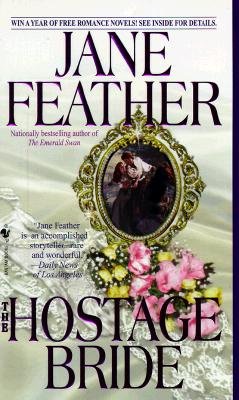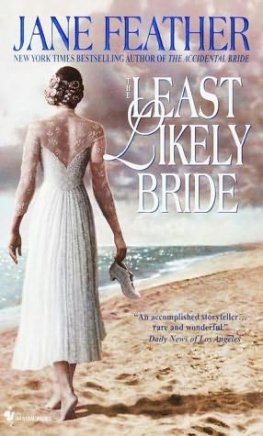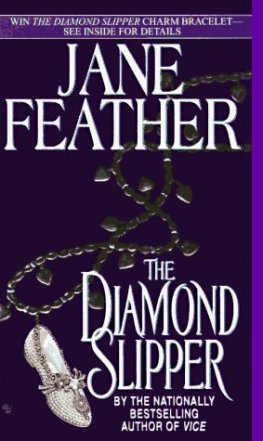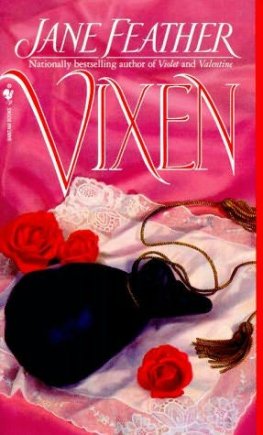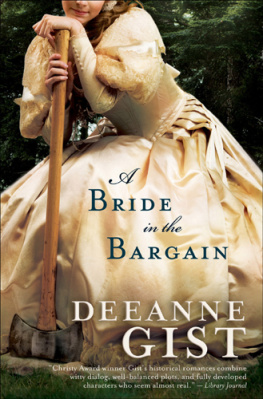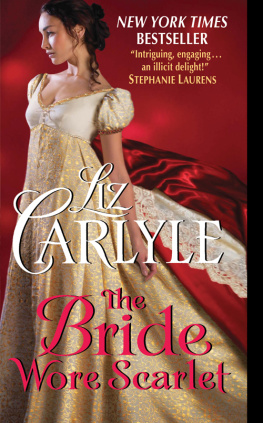Vimiera, Portugal - August 1808
The great copper ball of the sun hung in the metallic-blue sky where not a cloud offered a veil to the punishing heat torturing the bare plain beneath. Far in the distance, snow-capped mountains shimmered like a mirage, and behind the low hills surrounding the plain, the Atlantic Ocean crashed against the wild, rocky coastline.
But for the fifty men of His Majesty's Third Dragoons, sweltering in their scarlet tunics, gasping on the parched earth, the cold surf-tipped waves of the ocean and the icy white of mountain snow were a dream.
Again and again the thin blue line of Frenchmen came at them over the hills. They fired into the line, saw men fall, saw the line falter, retreat, only to reappear, reinforced. Their own men lay dead and dying, their bodies crushing the wild thyme that scratched a living with spindly olive trees and cactus, releasing its fragrance into the unstirring, burning air.
How many more Frenchmen were there the other side of the hill? How many more times would they pour onto the plain?
The major commanding this little company of dragoons stared into the shimmering distance behind them, across the sluggish gray river to the hills from which his reinforcements would come. His ear strained to catch the triumphant bugle call that would signal relief. It had been promised. It wasn't possible it wouldn't come.
But as the long afternoon in hell dipped toward sunset, he began to believe that there was to be no reinforcement. They were destined to die here in this blazing furnace, watering the parched ground with their blood.
A tiny breeze wafted from the sea as the sun began to sink behind the hills. It stirred the regimental colors, planted in the ground beside the dead body of the young cornet who'd been carrying them.
"Here they come again!" a private shouted from behind the insignificant earthwork that offered their only protection from the enemy guns.
The major looked out over the plain at the inexorable advance of the enemy line. An ensign came up behind him, panting, perspiration dripping from beneath his shako. His eyes were wild with panic, and the unbelievable words that spelled a fearful death tumbled from his lips.
London - June 1810
"Marry one of them? Good God, man, don't be absurd." Sylvester Gilbraith, fifth Earl of Stoneridge, stared incredulously at the nervous little man sitting dwarfed behind the massive desk in the lawyer's office on Threadneedle Street.
Lawyer Crighton cleared his throat. "I believe his lordship was very fond of his granddaughters, my lord."
"What has that to do with me?" demanded the earl.
The lawyer shuffled the papers on his desk. "He wished to ensure they were well provided for, sir. Their mother, Lady Belmont, has her own substantial jointure and requires no additional provision. She will, of course, remove to the dower house as soon as you are ready to take up residence at Stoneridge Manor."
"The mother doesn't concern me," the earl commented curtly. "Be so good as to explain in words of one syllable the precise conditions of my cousin's will. I feel sure I must have misunderstood you."
The lawyer regarded his client unhappily. "I don't believe so, my lord. There are four granddaughters, the children of Viscount Belmont and Lady Elinor"
"Yes yes and Belmont was killed at the Battle of the Nile twelve years ago, making me, by virtue of the entail, Stoneridge's heir." The earl began to pace the room, his large stride eating up the narrow space from window to door. "Get to it, man."
Lawyer Crighton decided that the new Earl Stoneridge was even more intimidating than his predecessor, the crusty, gouty fourth earl. Sylvester Gilbraith's clear gray eyes were uncomfortably penetrating in his lean face, and the white scar slashing across his forehead lent a menacing cast to his well-bred countenance. His mouth was a taut line of impatience, one characteristic he obviously shared with his late cousin.
"Perhaps it would be best if your lordship were to read the conditions for yourself," he suggested, selecting one of the papers in front of him.
A glint of sardonic amusement enlivened the cool eyes. "Afraid to be the presenter of ill tidings, Crighton?" His lordship extended a slim white hand and twitched the paper from the lawyer's grasp. He flung himself into a chair, crossing one buckskin-clad thigh over the other, and began to read, flicking all the while at his top boots with his whip.
The long case clock in the corner ticked, a fly buzzed indolently at the open window, and the shout of a costermonger rose on the June air from the street below. Lawyer Crighton swallowed nervously, and the sound seemed magnified in the tense stillness of the room.
"Good God!" Stoneridge flung the paper onto the desk as he sprang to his feet again. "It is iniquitous. I inherit the title, Stoneridge Manor, and the London house, but not an acre of land or a penny of the old curmudgeon's fortune unless I marry one of these girls! This couldn't stand up in a court of law, it's the will of a lunatic."
"I assure you, sir, the will is perfectly legal. His lordship was in sound mind, and I witnessed it myself, together with two members of this firm." The lawyer pulled his chin. "Only the title and the two properties are entailed. His lordship had the right to do as he pleased with the rest of his fortune."
"And he's left it to a gaggle of girls!"
"I believe them to be very personable young ladies," Crighton ventured. The earl's expression indicated he found the observation less than reassuring.
The lawyer cleared his throat again. "Lady Emily is twenty-two, my lord, and I understand she is betrothed. Lady Clarissa is twenty-one, and I believe unattached. Then there is Lady Theodora, who is approaching twenty. And Lady Rosalind, who is still a child not quite twelve."
"So I seem to have the choice of two," his lordship said with a grim smile. "If I refuse to make such a choice, my cousin's fortune is divided among his granddaughters, and I am left with an empty title and not a feather to fly with." He swung toward the fireplace, resting an arm on the mantel, gazing down into the empty grate. "The bastard was determined to be revenged for that entail somehow."
The lawyer cracked his knuckles, and the earl raised his head, casting him a look of powerful dislike. Hastily, Crighton rested his hands on the desk. The violent estrangement between the Gilbraith and Belmont branches of the Stoneridge family was as well-known to him as it was to the London ton but its genesis was lost in family memory.
The fourth earl had never been able to reconcile himself to the fact that his distant cousin's family would come into the title. It had added gall and wormwood to his bitter grief at the death of his only child.
"I don't believe it's as simple as that, my lord," the lawyer said diffidently. "There is a codicil."
The earl's clear eyes sharpened. "A codicil?"
"Yes, my lord." Crighton drew out another piece of heavy vellum. "The young ladies and their mother are not to be informed of these conditions of the will until one month after you have been notified."
"What?" A sharp crack of disbelieving laughter broke from the earl. "For one month they are to believe they inherit nothing? And you say the old man was fond of them?"
"I believe, my lord, that his lordship wished to be fair to give you a fair chance," Crighton said. "There will be some incentive for one of the young ladies to favor your suit should you, of course, decide to press it."
"And just how am I supposed to pay court immediately after his death to a young lady in deep mourning for her nearest male relative?" The earl's eyebrows disappeared into his scalp. "I'd look an egotistic fool but perhaps that was my cousin's intention."

